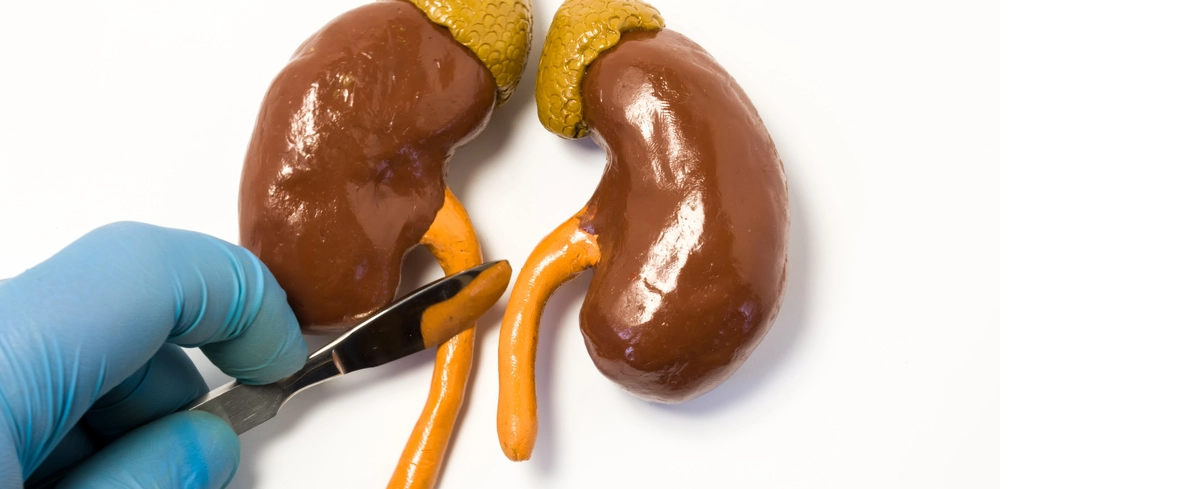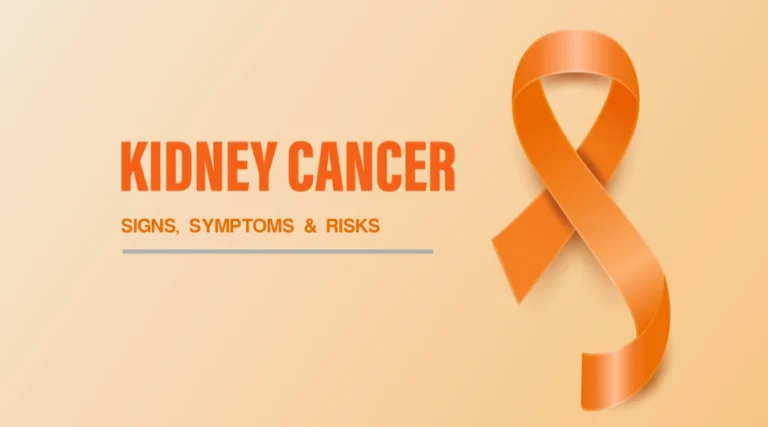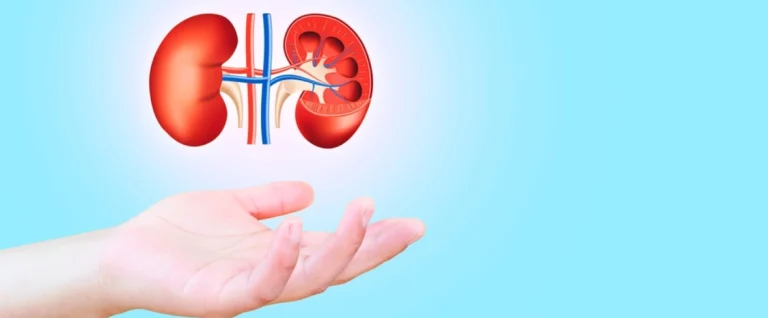Ureteral stones are a common urological issue that can cause significant pain and discomfort. These stones form in the kidneys and can travel down to the ureter, the tube connecting the kidneys to the bladder. While kidney stones are well-known, ureteral stones can be just as painful and disruptive, often requiring effective treatment to prevent long-term complications. In this article, we’ll explore everything you need to know about ureteral stones, including their symptoms, causes, and treatment options, with a focus on treatments available in Navi Mumbai at Dr. Ajinkya Patil’s clinics in Panvel, Vashi, and Kharghar.
What Are Ureteral Stones?
Ureteral stones, or kidney stones that travel into the ureter, are solid masses made of minerals and salts that form in the kidneys. When a stone passes from the kidney into the ureter, it can obstruct the flow of urine, causing severe pain, a condition often referred to as renal colic. Ureteral stones can vary in size from tiny particles to large masses and can be a source of significant discomfort, often requiring medical intervention to remove them.
Types of Ureteral Stones
The composition of ureteral stones is similar to kidney stones, and they can form from:
- Calcium Oxalate: The most common type, often linked to dietary factors.
- Uric Acid: Common in individuals with gout or those consuming a high-protein diet.
- Struvite Stones: Often caused by urinary tract infections.
- Cystine Stones: A rare, hereditary condition that results in stone formation in the kidneys and ureters.
Each type of stone has specific causes and treatment approaches, which is why consulting a skilled urologist like Dr. Ajinkya Patil is essential for personalized care.
Symptoms of Ureteral Stones
The symptoms of ureteral stones can vary depending on the size and location of the stone. Some common symptoms include:
- Severe Pain: This is often the first sign, usually starting in the back or side and moving towards the groin. The pain can be intense and fluctuating, coming in waves.
- Blood in Urine (Hematuria): The stone can cause irritation or injury to the ureter, leading to blood in the urine.
- Frequent Urination: You may feel the urge to urinate more frequently than usual.
- Painful Urination: Difficulty or pain while urinating.
- Nausea and Vomiting: Pain and obstruction can lead to nausea and vomiting.
- Fever: If a urinary tract infection develops as a result of the stone, fever may be present.
If you are experiencing any of these symptoms, especially severe pain or blood in the urine, it’s crucial to see a urologist for prompt evaluation and treatment.
Causes and Risk Factors of Ureteral Stones
While the exact cause of ureteral stones can vary, several factors may contribute to their formation:
1. Dehydration:
Inadequate fluid intake is one of the most common causes of stone formation. When urine is concentrated due to insufficient hydration, it becomes easier for crystals to form into stones.
2. Dietary Factors:
Consuming a diet rich in salt, protein, or oxalate can increase the risk of developing ureteral stones, particularly calcium oxalate stones.
3. Obesity:
Being overweight or obese can increase the risk of stone formation due to higher calcium levels in the urine.
4. Genetics:
A family history of kidney stones increases the likelihood of developing ureteral stones. Certain genetic conditions, such as cystinuria, can also predispose individuals to stone formation.
5. Medical Conditions:
Certain medical conditions, such as gout, hypercalcemia, and urinary tract infections, can contribute to the development of ureteral stones.
6. Age and Gender:
Ureteral stones are more common in men than women, and the risk increases with age, particularly in those over 40 years.
Is Ureteral Stones Dangerous?
Ureteral stones, though not usually life-threatening, can lead to severe complications if left untreated. Some potential risks include:
- Obstruction of Urine Flow: A large stone can block the flow of urine, causing severe pain and potentially leading to kidney damage.
- Urinary Tract Infections (UTIs): Stones can increase the risk of infections in the urinary tract, leading to fever, chills, and discomfort.
- Hydronephrosis: A condition in which the kidney swells due to urine buildup caused by a blocked ureter, which can lead to kidney damage if untreated.
- Chronic Kidney Disease: Recurrent stone formation or prolonged obstruction can lead to chronic kidney disease, impacting kidney function over time.
Immediate medical attention is required if any of the symptoms of ureteral stones, such as severe pain, blood in urine, or fever, are present. Early treatment can prevent complications and reduce the risk of long-term kidney damage.
When to See a Urologist Like Dr. Ajinkya Patil
If you are experiencing symptoms like severe back or abdominal pain, difficulty urinating, or blood in your urine, it’s essential to seek medical attention from a urologist. Dr. Ajinkya Patil specializes in the treatment of ureteral stones and can help determine the best course of action for your condition.
In Navi Mumbai, Dr. Ajinkya Patil offers expert consultation and treatment for ureteral stones at his clinics in Panvel, Kharghar, and Vashi. If you’re experiencing any of the following, it’s time to schedule a consultation:
- Severe pain in the side or back that comes and goes
- Painful urination or blood in the urine
- Difficulty passing urine or frequent urination
- Nausea and vomiting associated with pain
- Fever, which could indicate an infection
Treatment Options for Ureteral Stones in Navi Mumbai
Dr. Ajinkya Patil offers a range of treatment options for ureteral stones, tailored to the size, location, and severity of the stone:
1. Lifestyle Changes:
Increasing fluid intake, especially water, helps flush out small stones. Drinking plenty of fluids is the first step in managing smaller stones and preventing new ones from forming.
2. Medications:
For smaller stones, medications like alpha-blockers can help relax the muscles in the ureter, allowing the stone to pass more easily. Pain medications are also prescribed to manage discomfort.
3. Non-Surgical Treatment: Shock Wave Lithotripsy (SWL):
SWL is a non-invasive procedure that uses sound waves to break down larger stones into smaller fragments, making them easier to pass. This treatment is highly effective for stones located in the kidney or upper ureter.
4. Ureteroscopy (URS):
In cases where stones are too large or cannot be passed naturally, ureteroscopy with laser treatment may be used. A thin tube (ureteroscope) is inserted through the urethra to locate and remove or break up the stone using a laser.
5. Percutaneous Nephrolithotomy (PCNL):
For very large stones, PCNL may be necessary. This involves making a small incision in the back to remove the stone directly from the kidney or ureter.
Preventive Tips from Dr. Ajinkya Patil
Preventing ureteral stones involves making changes to your lifestyle, diet, and hydration habits. Here are some tips to reduce your risk:
- Stay Hydrated: Drink plenty of water throughout the day to help dilute urine and prevent stone formation.
- Modify Your Diet: Reduce salt intake, avoid high-oxalate foods (such as spinach and nuts), and limit animal protein consumption.
- Exercise Regularly: Maintaining a healthy weight and regular physical activity can help prevent stone formation.
- Avoid Dehydration: Avoid long periods of dehydration, especially in hot climates.
Real-Life Case Study from Dr. Ajinkya Patil’s Clinic
Case Study: Mr. Vijay, 45, from Kharghar
Mr. Vijay came to Dr. Ajinkya Patil’s clinic with a complaint of severe pain and difficulty urinating. After conducting a thorough evaluation, Dr. Patil diagnosed him with a 10mm ureteral stone. Using non-invasive shock wave lithotripsy, the stone was successfully broken down, and Mr. Vijay was able to pass the fragments without the need for surgery. He recovered within a week and was advised to maintain a healthy lifestyle and follow-up care to prevent future stones.
Frequently Asked Questions (FAQs)
Blog- Ureteral Stones
Final Thoughts from Dr. Ajinkya Patil
Ureteral stones can be a painful and disruptive condition, but with the right treatment, recovery is possible. If you’re experiencing symptoms of ureteral stones or want to learn more about preventing them, consult Dr. Ajinkya Patil, the best urologist in Navi Mumbai. With his expertise in non-invasive and surgical treatments, you can be sure you’re in safe hands. Don’t wait for the pain to worsen—reach out to Dr. Patil for a consultation today!





Leave a Comment